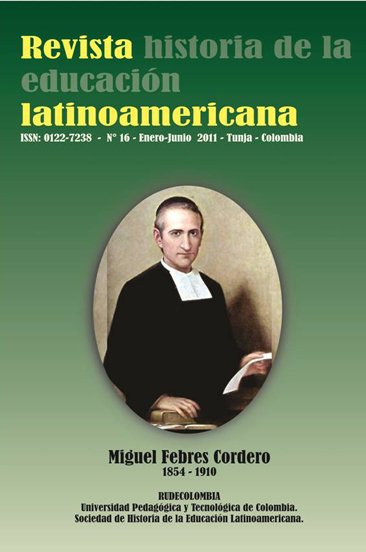THE THEOLOGY LIKE CURRICULAR DOGMA AND THE BEGINNING OF THE JURIDICAL LAITY IN THE UNIVERSITY OF GUADALAJARA

Abstract
The force of the theological paradigm in the Colonial University of Guadalajara (1792-1821), it expressed in a curricular way in all the careers established at the time. Its idea about the knowledge, about the individual´s destiny, about the society, about the role to play for future graduates; thus, it was influenced by the paradigmatic, dogmatic and corporate vision which was predominating in the Nueva Galicia, nevertheless the development of the productive and commercial process of the region in the recent years that it was required new ways of conceiving the social relations and the daily requirements, as well as the expansion of new erudite forms of knowledge. Nevertheless, from the fight of independence that was claiming the decrepitude of the colonial model and the reforms that in other places were done of the university education, the university was ranging the model of education defended but also it tried to be adapting to the new circumstances reformists that it was stimulating the illustration. But it will not be but up to the consummation of the independence when the university will meet obliged to change. These changes will have his effect in the civil career of Law that will break with the scholastic determinism.
Keywords
Journal of Latin American Education History, university, teology, civil law, colonial regime, independence, city council.